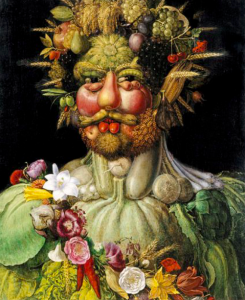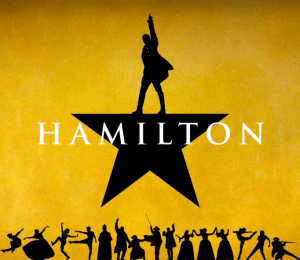Here’s one of the 20th century’s most influential interpreters of popular song, Frank Sinatra, glamorizing smoking, drinking, and leaving a bar drunk right after last call. So much of what I hate most about midcentury popular culture is wrapped up in this piece, yet I love this song. Why? Because it brings together three legendary musical talents in one perfect moment to tell a familiar story in a style so compelling that you have to lean in and pay attention.
Composer Harold Arlen wrote many of the greatest tunes of the last century, from “Over the Rainbow” to “Blues in the Night” to “The Man that Got Away,” and, of course, “Lydia the Tattooed Lady.” Lyricist Johnny Mercer wrote 1500 pop tunes from “Laura” to “Moon River,” and was nominated for 19 Academy Awards for his songs, winning four of those Oscars. Some of the duo’s finest compositions were the songs they wrote together during the 1940s. Arlen wrote several of Judy Garland’s greatest hits, and Mercer, though married to someone else, was Garland’s lover for a time in the early 1940s, and he considered her the love of his life. His beautiful song “Skylark,” written with Hoagy Carmichael and brimming with unfulfilled longing, was written for her.
Garland’s great friend Frank Sinatra was one of the key interpreters of both Arlen and Mercer, and when Frank gets a slow, melancholy song about lost love, he’s hard to beat. His styling here is impeccable: pained and haunted, dreamy and hopeless. The song seems simple and straightforward, but it’s full of surprising intervals and clever internal rhymes—it’s one of those sophisticated compositions that begs for a clean, spare performance, and that’s exactly what Frank gives here.


